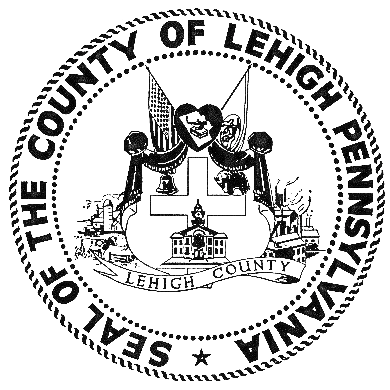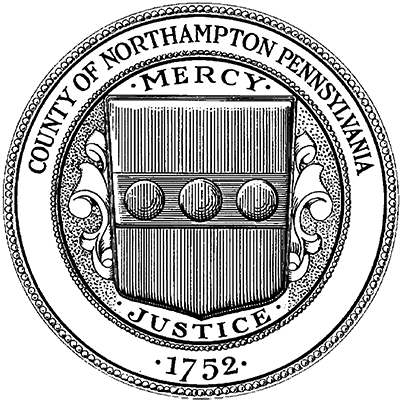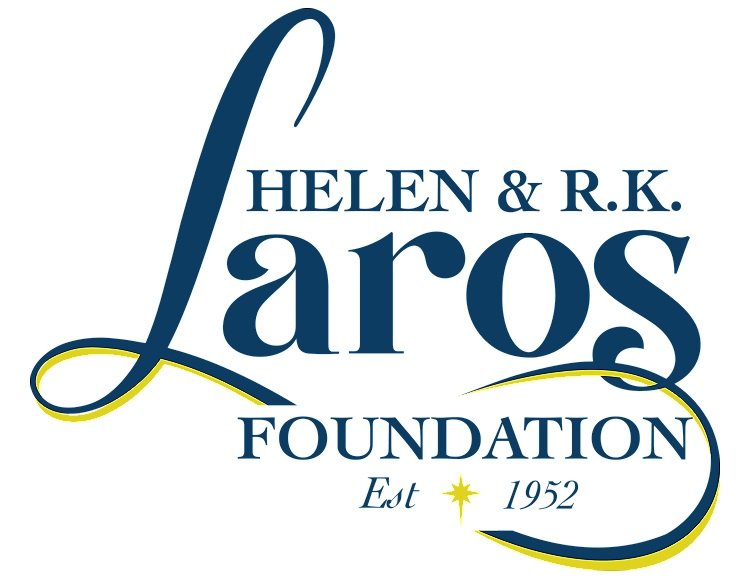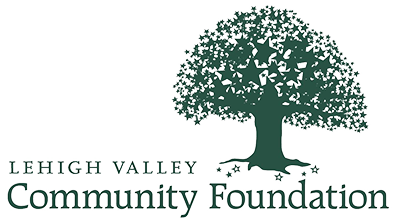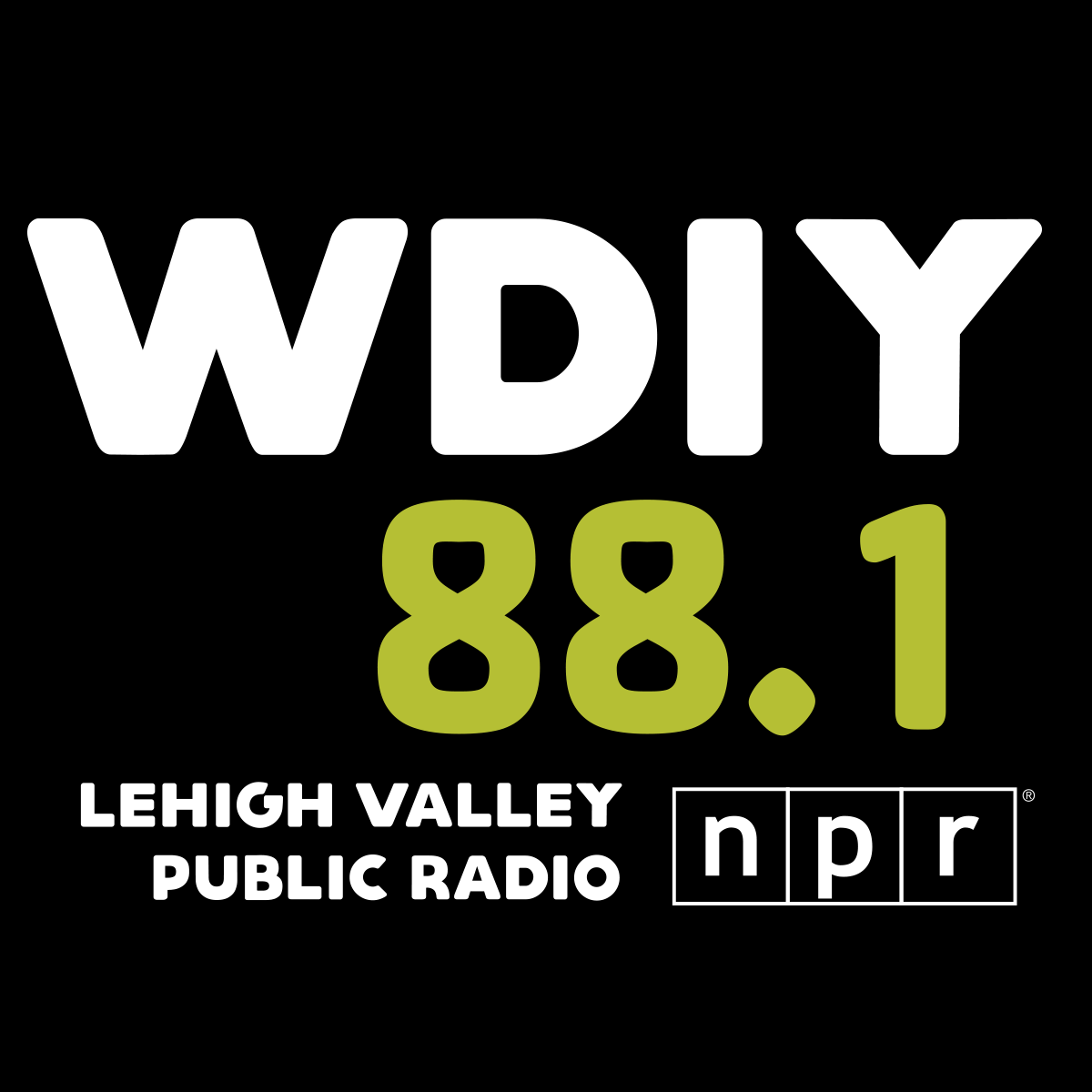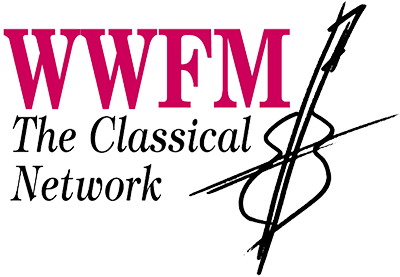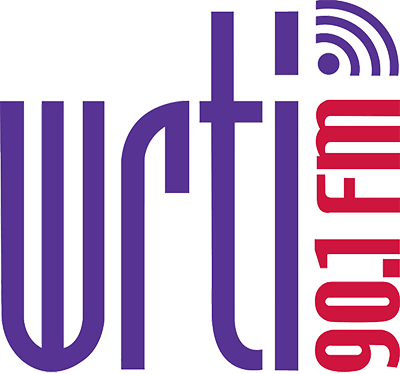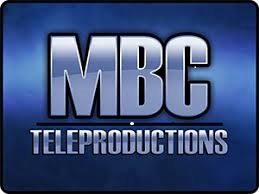
I’m happy to be back and writing about our upcoming season! Finishing what seemed like a heavily condensed summer has meant that some of the blog projects for which I’d planned have not yet come to fruition, but it’s high time for some reflections on The Choir’s work this summer, leading into a season of innumerable riches. The Choir’s been rehearsing for our first venture of the 2011-2012 season, a series of concerts to commemorate the September 11th tragedy at Trinity Church, Wall Street, and the church’s St. Paul’s Chapel, on Friday, September 9th. The church, which is proximate to Ground Zero, has planned a weeklong series of events, detailed here, and The Choir will be deeply privileged to represent the Commonwealth of Pennsylvania during the day of concerts.
I have never felt comfortable writing or speaking publicly about 9/11. I remember much of the rhetoric following that day as many of our public figures groped their way towards finding words equal to the enormity of the horror of what happened, or equal to the heroism demonstrated by so many. In the intervening years, as the dust sifted through the imagination of artists, composers, poets, filmmakers, it still seems a fool’s errand to try to encapsulate more than a minuscule aspect in some kind of art (though I have nothing but respect for those who have been couragous enough to try). I spent the week following that day, myself, groping for some perspective, for some way to make sense of the nonsensical, to feel something more than the helplessness and anger that shrouded so many of us in the wake of such devastating tragedy. Healing began, as it often does for me, with music. More specifically, with the music of Bach. On the Monday following 9/11, I attended my first-ever rehearsal with The Choir. Greg welcomed us, and we began our collaboration with a long spell of singing. When words of eloquence seem insufficient to the gravity of the moment, there is the music that is our lifeblood. In this case, it was the first two movements of the Gloria from the Mass in B-Minor, including the Et in terra pax hominibus (And on earth peace to men), and we concluded with the Dona Nobis Pacem. Those three words, “Grant us peace,” repeated over and over as voices order themselves in strict counterpoint were a kind of salve. Bach knew tragedy on both personal and global scales; from the loss of his own wife and children, to the horrors visited upon his homeland in the decades before his birth in the 30 Years War. The poignancy of that music, deeply informed by the unfortunately universal experiences of loss, of grief, of a yearning for peace, resonates, in my memory, to this day, and the horrors of that day and Bach’s yearning prayer for peace will be inextricably linked in my memory forever.
Music played a part in the healing of the nation as well, from benefit concerts for first responders televised around the world, to Kurt Masur’s hastily organized, yet (by all accounts) transcendent Brahms Requiem with the New York Philharmonic in the city, mere days after the tragedy. Trinity Church, Wall Street, so close to the epicenter of the tragedy, remains linked not only to the horrors of the day, but to the heroism. St. Paul’s Chapel became a staging area and later a place for respite for those working so hard, first, to sift through the wreckage, and those seeking to remember a lost loved one. It is fitting, then, that the church will offer such a broad array of music-making from choirs representing Boston, Pennsylvania, New York and Washington DC.
The Bach Choir, representing Pennsylvania, will be singing two individual concerts, and then will combine with the other choirs for the concluding program. For our individual concerts, we will sing one program of the music of American composers, and, in the second, we’ll sing Bach’s ravishing Cantata 140, and some beautiful Mendelssohn motets. The program of American Music will include stunning compositions by Stephen Paulus, William Hawley, Randall Thompson, Daniel Gawthrop, Craig Hella Johnson, and a few others. Each of the individual programs by the assorted choirs will commence with the singing of Maurice Durufle’s setting of the Ubi Caritas text, which reminds us, so eloquently, of God’s presence in acts of charity and love.
At the concluding concert, which will be webcast (and for which I will provide a link as we’re closer to the 9th), our beloved conductor, Greg Funfgeld, will lead the combined choirs in a performance of Gabriel Faure’s heavenly Requiem and also the concluding piece on the program. Performers and audience will unite to sing the Dona Nobis Pacem from the B-Minor Mass, in a bit of deeply touching serendipity. That program will also include the final three movements of Brahms’ Ein Deutsches Requiem, Bernstein’s Chichester Psalms, a spiritual arranged by our host, Julian Wachner, and a beautiful setting of the 23rd Psalm by Lukas Foss. The Choir has been hard at work on this music (essentially learning three ambitious programs of challenging music), rehearsing two evenings a week for most of the summer. After a season that included an extra concert and two recordings, it could reasonably feel like a lot, and yet, members of the choir have been extremely cheerful about the task ahead of us. We feel honored to be part of this commemoration, and though it promises to be exhausting (musically, physically, spiritually), it will also be something I doubt any of us will ever forget.
Logistically, attendance at these concerts will likely be difficult for out-of-towners, (admittance will be first come, first serve, with no advanced ticketing and no reserved seats), which is why we’re grateful that the concert will be webcast. Details have not yet been cemented, but it looks like our good friends at WWFM will be broadcasting our two individual programs at some point, and negotiations are underway for more broadcasts of the concerts. As those details are finalized, I will be happy to share them on the blog. We will repeat several of the pieces from these concerts at the September Bach at Noon, about which I’ll be writing soon.





